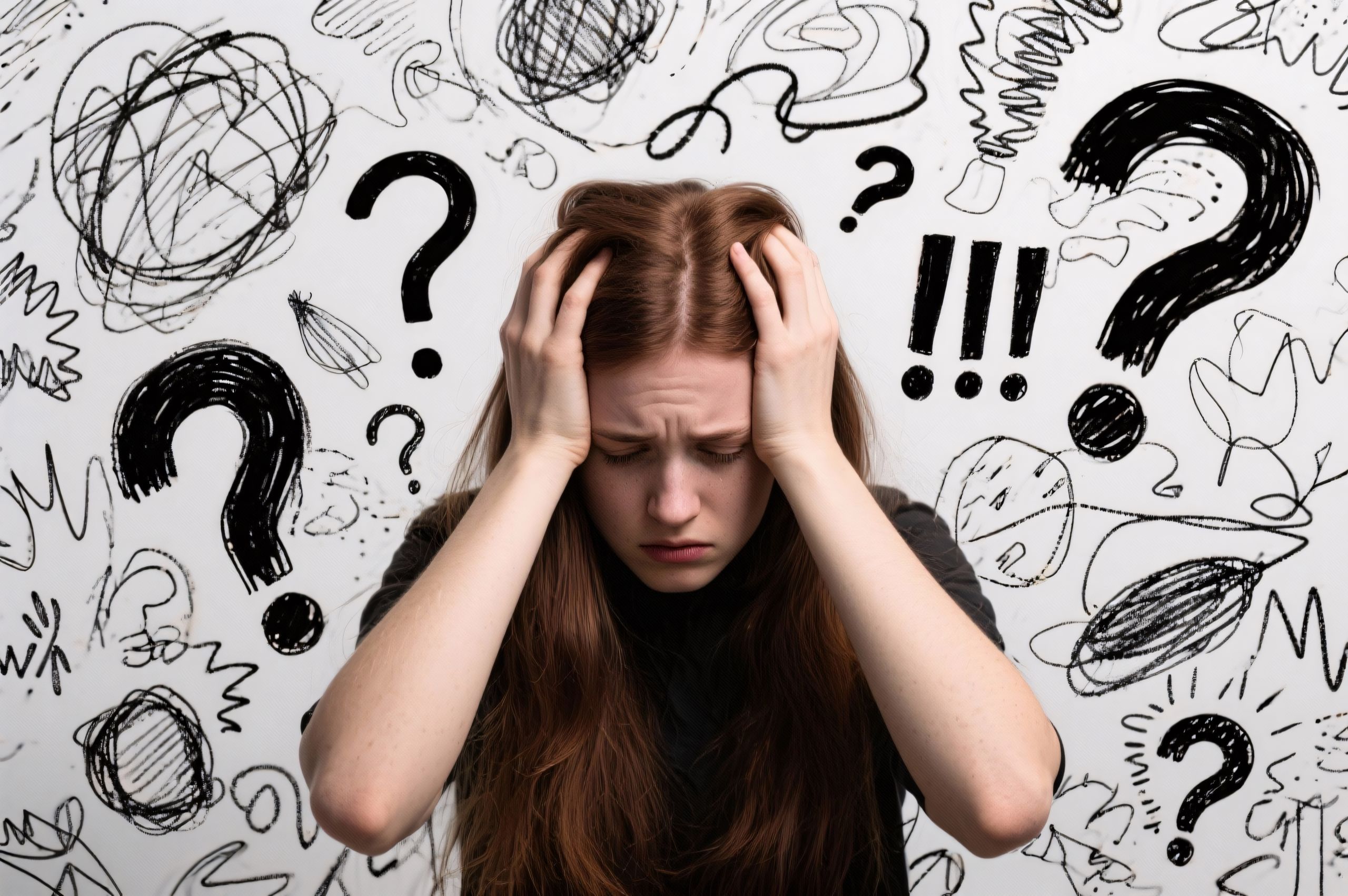
Recognizing the Signs and Getting Help at North Jersey Recovery Center
Mental health struggles often start quietly, with symptoms that can be mistaken for everyday stress or simply “going through a rough time.” But when these symptoms persist, worsen, or interfere with daily life, they may point to a deeper concern that requires professional support. At North Jersey Recovery Center, we help people recognize, understand, and treat a wide range of mental health disorders.
This guide outlines common symptoms associated with several mental health conditions we treat, so you can better understand what you or a loved one may be experiencing.
Depression Symptoms
Depression affects how you think, feel, and function. It goes beyond occasional sadness and often lingers for weeks or months.
- Persistent sadness, emptiness, or hopelessness
- Loss of interest in hobbies, work, or social life
- Fatigue or low energy despite adequate rest
- Changes in appetite or weight
- Sleep disturbances – insomnia or oversleeping
- Feelings of guilt, shame, or worthlessness
- Difficulty concentrating or making decisions
- Thoughts of self-harm or suicide
Anxiety Symptoms
Anxiety disorders involve excessive worry or fear that goes beyond normal stress. Symptoms may be physical, emotional, or behavioral.
- Constant nervousness, tension, or dread
- Racing thoughts that are hard to control
- Restlessness, irritability, or difficulty relaxing
- Trouble concentrating or focusing
- Panic attacks (shortness of breath, chest tightness, racing heart)
- Avoidance of people, places, or situations due to fear
OCD (Obsessive-Compulsive Disorder) Symptoms
OCD is characterized by unwanted intrusive thoughts and repetitive behaviors performed to reduce anxiety.
- Obsessive worries (about germs, safety, morality, etc.)
- Compulsions such as excessive cleaning, checking, or counting
- Distress when unable to perform rituals
- Time-consuming behaviors that interfere with daily life
- Fear of losing control over one’s thoughts or actions
PTSD & Trauma Symptoms
Post-traumatic stress disorder and trauma-related conditions often follow deeply distressing or life-threatening experiences.
- Flashbacks, intrusive memories, or nightmares
- Severe emotional distress when reminded of the trauma
- Avoidance of people, places, or conversations linked to the trauma
- Emotional numbness, detachment, or withdrawal
- Hypervigilance and exaggerated startle response
- Difficulty sleeping or concentrating
- Feelings of guilt, shame, or self-blame
ADHD (Attention-Deficit/Hyperactivity Disorder) Symptoms
ADHD affects focus, organization, and impulse control. While often diagnosed in childhood, it can persist into adulthood.
- Difficulty paying attention or staying on task
- Frequent mistakes due to carelessness
- Trouble organizing tasks or managing time
- Forgetfulness or losing important items
- Restlessness or inability to sit still
- Impulsivity – speaking out of turn, interrupting others, or making quick decisions without thinking
Bipolar Disorder Symptoms
Bipolar disorder is marked by dramatic shifts in mood, energy, and activity levels — from manic highs to depressive lows.
Manic symptoms may include:
- Elevated or irritable mood
- Decreased need for sleep
- Racing thoughts or rapid speech
- Inflated self-esteem or grandiosity
- Risky or impulsive behaviors
Depressive symptoms may include:
- Intense sadness or emptiness
- Fatigue and lack of motivation
- Changes in appetite or sleep patterns
- Difficulty concentrating
- Thoughts of death or suicide
Behavioral Disorder Symptoms
Behavioral disorders often involve disruptive, impulsive, or defiant patterns of behavior that affect relationships, school, or work.
- Frequent temper outbursts or aggression
- Defiance toward authority figures
- Impulsivity or risk-taking behavior
- Difficulty following rules or completing tasks
- Blaming others for mistakes or conflicts
- Persistent irritability or hostility
Mood Disorder Symptoms
Mood disorders include conditions like major depression, bipolar disorder, and dysthymia (persistent depressive disorder). Symptoms can vary but often involve ongoing disturbances in emotional regulation.
- Persistent sadness or low mood
- Intense mood swings from high to low
- Lack of interest in daily activities
- Difficulty maintaining stable relationships
- Emotional numbness or detachment
- Sleep and appetite changes
- Decreased ability to function at work, school, or socially
Why Professional Support Matters
While occasional stress or sadness is normal, persistent or worsening symptoms can affect every area of life. With professional support, these conditions can be managed, and many people go on to live fulfilling, balanced lives.
At North Jersey Recovery Center, we create personalized treatment plans that may include therapy, medication management, trauma-informed care, and holistic approaches like mindfulness, nutrition, and exercise support. Our team is dedicated to helping you regain stability and peace of mind.
Take the First Step Today
If you recognize these symptoms in yourself or a loved one, now is the time to act. You don’t have to wait until things feel unmanageable. At North Jersey Recovery Center, we offer confidential evaluations and compassionate care tailored to your unique needs.
Call us today at (877) 632-5541 to begin your journey toward healing and recovery.




